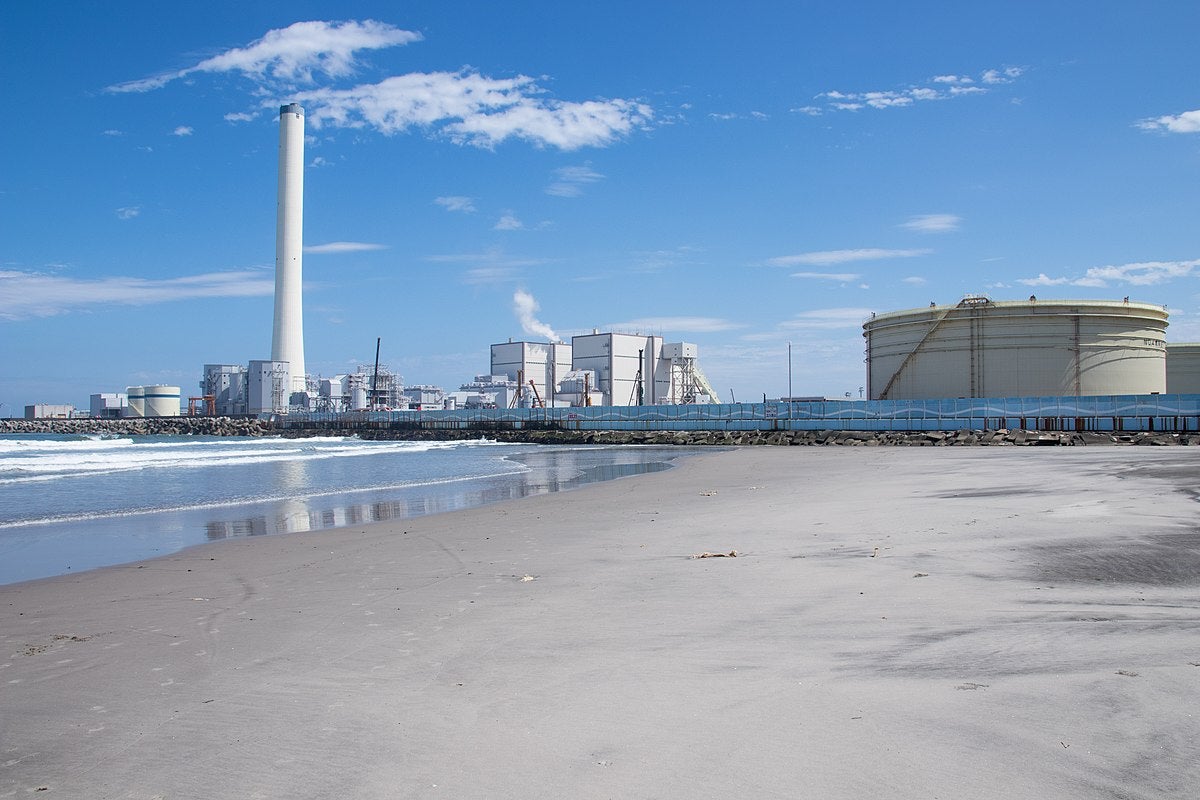
Japan’s Energy for a New Era (JERA) has unveiled its plans to decommission Units 1, 3, and 4 at Hirono thermal power station in the town of Hirono, Fukushima, Japan.
The company has notified the changes of its Electricity Generation Business to Japan’s Ministry of Economy, Trade and Industry.
JERA is currently carrying out the replacement work at thermal power plants in other locations, totalling 2990MW capacity.
The company said that it is making every effort to secure a stable supply of energy, building on the understanding and cooperation of local communities and other stakeholders.
JERA’s spokesperson told Reuters: “After the decommissioning, JERA’s capacity of thermal power plants would total 55.77GW, excluding those under construction.”
Units 1 and 2 at Hirono power station with 600MW capacity each, which started operations in 1980, are planned to be decommissioned in the next month.
The 1,000MW Unit 3, which commenced operations in June 1989 and has been shut down since July 2018, is also planned to be decommissioned in the next month.
The 1,000MW Unit 4, 600MW Unit 5, and 600MW Unit 6, which started operations in January 1993, July 2004, and December 2013 respectively, will also be decommissioned subsequently.
Recently, JERA, through JERA Ventures, invested around £1m in Immaterial, a UK-based CO2 capture and hydrogen storage technology company.
Immaterial is engaged in the development and production of monolithic metal-organic frameworks (MOFs) for the separation and storage of gas molecules.
MOFs are organic-inorganic hybrid materials developed as adsorbents to separate and store the hydrogen, carbon dioxide or other chemical compounds from industrial mixed gas streams.
The Japanese company will provide its facilities and its LNG, hydrogen and ammonia value chain for proof-of-concept or verification testing using actual equipment.


